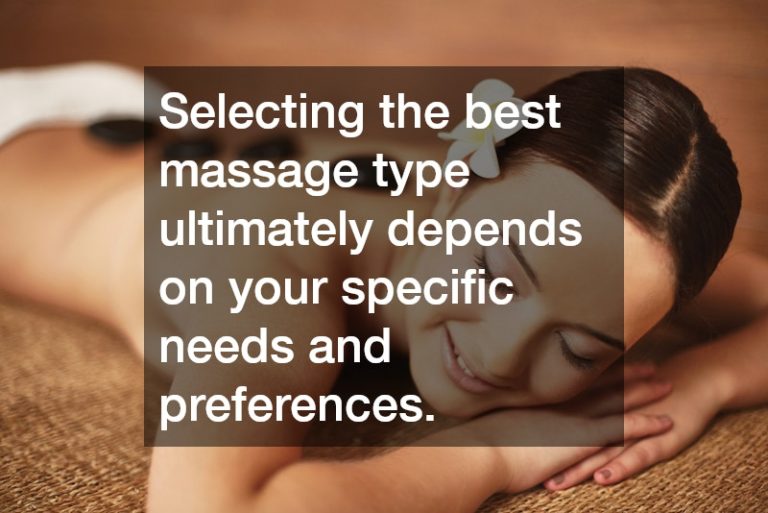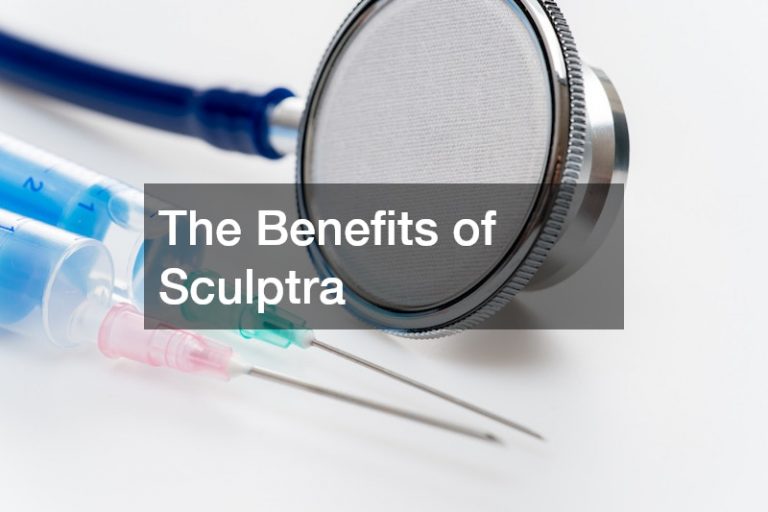Eaiing disorders are a serious struggle that many people are going through, and they have some of the highest mortality rates in mental health illnesses. Getting treatment for this is possible, and if you know someone close to you who may be suffering from this condition, it’s natural to want to help.
If you’re unsure of what to do and you aren’t certain how best to be of help, here are some ways you can assist someone with an eating disorder.
-
Encourage them to get treatment
There are many treatments available for various eating disorders, and finding the right one involves acknowledging the need to get help in the first place. Open up the discussion from a place of care, and make sure they are ready to make the change themselves. From the beginning, it’s important not to come from a negative space as this may only discourage the person you’re trying to help, and they can close off or further deny the problem.
A bulimia treatment program in Westport combines mindfulness and other holistic approaches. It advocates for a recovery journey that tackles not only habits formed but also the psychological triggers that have established these points in the first place. Assure your loved one that this is an undertaking for their wellness. You can start seeking out professional assistance to start the path to healing in a safe and well-managed way.
-
Offer support without putting pressure
Studies from St. George’s Hospital Medical School have shown that those suffering from bulimia and anorexia nervosa demonstrate high comorbidity of social phobia and anxiety. This makes broaching the topic of their health one that you need to take care of, ensuring that it doesn’t feel like an attack and that it doesn’t hinge on existent sensitivities like their looks and weight.
While it’s good to care and openly share that you have someone’s back, it’s crucial to establish that you are supporting them and not trying to put pressure on them. A feeling of trust and love can do a lot to have a person open up and allow you to help them as best as you can.
-
Create a conducive environment for recovery

The whole journey to recovery takes a lot from a person. Coping is difficult for those suffering from an eating disorder in terms of task-oriented activities as well as emotional coping. While this is expected when going through the path of healing, an individual’s environment can do a lot to help them along the way.
If you can determine your family member’s or friend’s environment, make sure that negative triggers do not surround them and that people they associate with display positive examples and healthy lifestyles that aren’t confrontational. A study by the University of North Carolina at Chapel Hill’s psychology department assessed different individuals in various stages of treatment and recovery. It revealed that making a full turnaround is achievable as long as there are proper care and awareness about their various coping mechanisms and capabilities.
Getting help is possible. Looking out for someone close to you and allowing them to open up to you and find treatment can make all the difference in beating an eating disorder.






